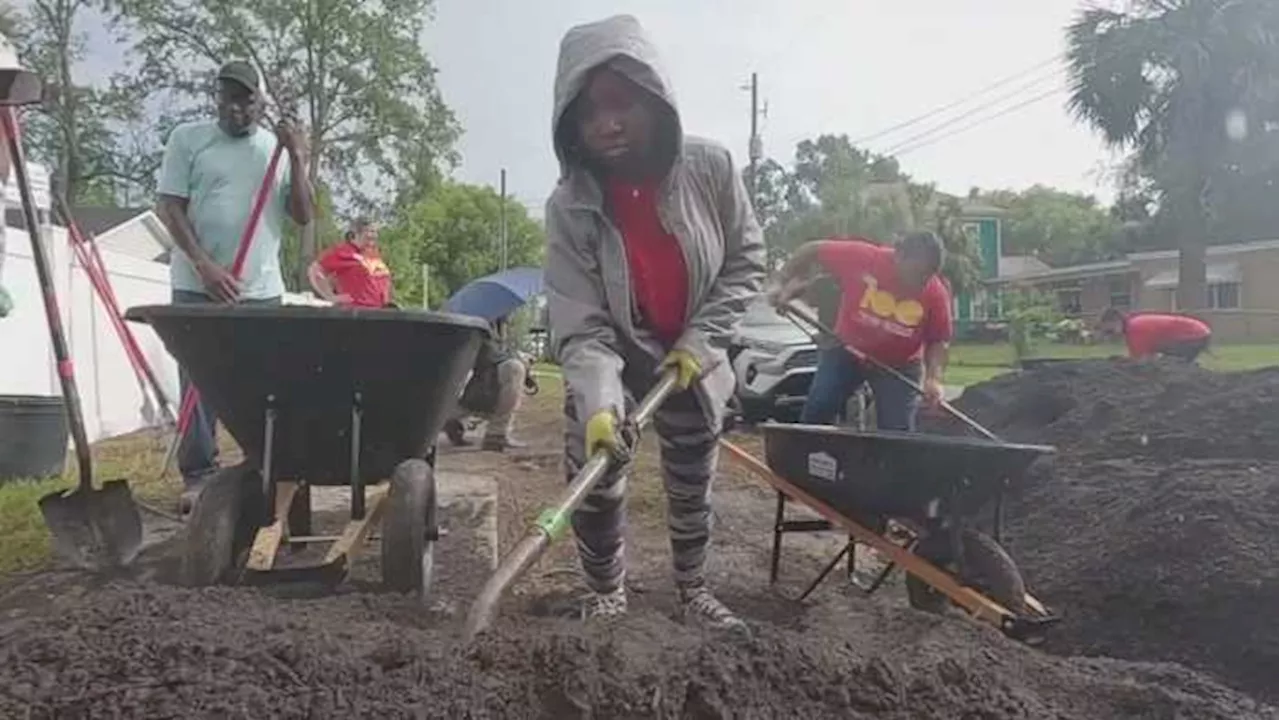
In a poignant reflection on family dynamics, a letter to advice columnist Annie Lane highlights the frustrations of daughters-in-law facing blame from mothers-in-law for familial disconnection. The letter questions why mothers-in-law often direct their grievances toward their daughters-in-law instead of engaging with their own sons, who are equally responsible for maintaining family bonds. This perspective sheds light on a broader issue that affects many families today.
A daughter-in-law, writing on behalf of others in similar situations, expressed concern over the tendency of mothers-in-law to feel excluded from family activities. Typical complaints include not being invited to gatherings, a lack of photographs with grandchildren, and limited access to family members. The letter argues that these grievances should not solely rest on the shoulders of daughters-in-law. Instead, it suggests that mothers-in-law should turn to their sons, the individuals they raised, to take on their share of familial responsibilities.
Annie Lane responded affirmatively, stating that the expectation for daughters-in-law to manage family relationships is outdated and unfair. She emphasized that sons do not cease to be sons upon marriage, and it is essential for mothers-in-law to recognize their role in fostering connections. This shift in accountability could lead to healthier family interactions and a more equitable distribution of emotional labor.
The conversation highlights a significant cultural dynamic that often places undue pressure on women to maintain familial ties. In many households, the responsibility for family unity is frequently gendered, leaving daughters-in-law to navigate complexities that should involve all family members. The advice given aims to encourage mothers-in-law to communicate their needs to their sons rather than venting frustrations at their daughters-in-law.
In another letter, a woman in her late 70s shared her struggle with loneliness as she copes with the advanced dementia of her partner, who no longer recognizes her. With her partner nearing the end of life, she faces the dual challenge of grief and isolation, intensified by the loss of friends and a dwindling social circle. The writer expressed feeling adrift, lacking a support system, and unsure how to rebuild a meaningful life.
Lane offered empathetic advice, acknowledging the deep sense of loss that comes with aging and changing relationships. She encouraged the woman to reach out for companionship by suggesting small gatherings or community activities. Resources such as local libraries, senior centers, and volunteering opportunities can provide avenues for new connections, even if they differ from past friendships.
The letters from both women reflect a universal challenge faced by many families and individuals—navigating relationships and maintaining connections during times of change and loss. By fostering open communication and shared responsibility, families can work towards more fulfilling relationships that honor both the needs of mothers-in-law and the realities of daughters-in-law.
As society continues to evolve, so too must the expectations placed on family members. It is crucial for all parties to engage in meaningful conversations that promote understanding and connection. The journey of rebuilding social ties and familial relationships may not be easy, but the potential for deeper connections awaits those willing to take the initiative.







